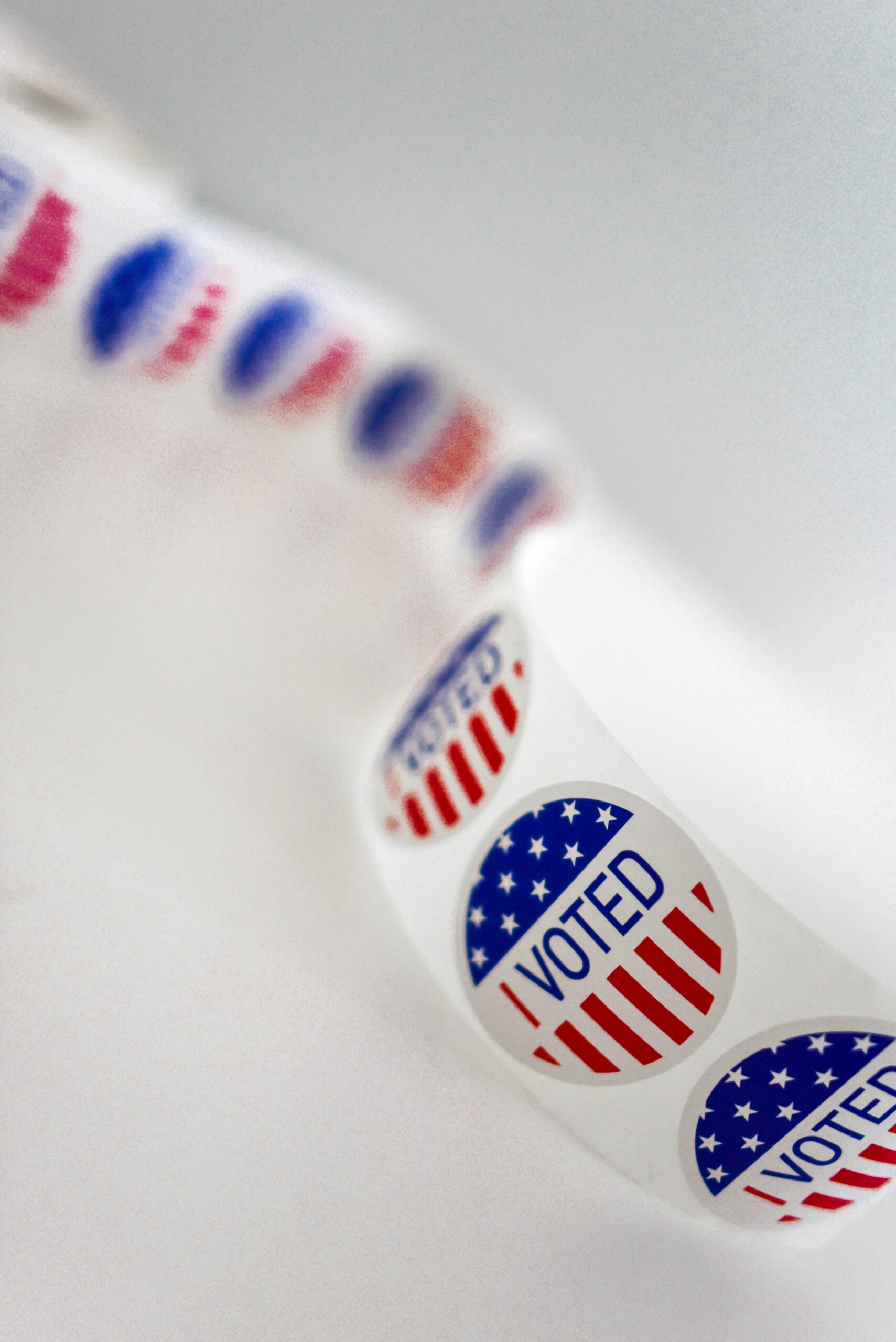
I’ve always assumed that most people are good people. And I don’t mean 51%. I’m talking about 95% or more. When I pass someone on the street or meet someone new, I can’t help it. I’m pretty sure that’s a good person who deserves my respect. There’s a part of me that recognizes that bad people do exist, but I can’t live my life assuming the worst of people.
I understand that, among other things, this speaks to my privilege, but I’m going to set that aside for this piece. It’s more than just a feeling. I have philosophical reasons for believing people are generally good. One is, from an evolutionary standpoint, it makes sense that as social creatures we would be predisposed to function well in society. That involves a decent amount of caring and compassion.
The more prominent reason for believing in the good in people has to do with the nature of good and evil. There’s a very old idea which I first encountered in Plato. It is that people aim at the good. If they fail to do good, it is because of a lack of knowledge or a mistake in judgement, not from a desire to do bad. In fact, in some versions of this, bad is simply equal to ignorance.
In this framework, at least my interpretation of it, evil is rare. That’s one of its advantages. Evil only exists when someone does bad and has no excuse for not knowing that it is bad. I know everyone uses him as the prime example of evil, but Hitler had no excuse. A desire to wipe out Jewish people wasn’t commonly held at the time. Murder was outlawed. Hitler’s views were outliers in his own time. That’s what makes him evil.
Someone like Ralph Nader, who unquestionably did bad by running for president in 2000, is not evil. It was completely understandable for people to be fed up with Bill Clinton, and by extension Al Gore, by the end of Clinton’s second term. It was also easy to be fed up with the Republicans who had been following Newt Gingrich’s hateful lead. So a person running with a third party was understandable. Nader had an excuse. Even though he got Bush elected which led to endless, unjustified wars and other very bad things, Nader probably didn’t know that when he made the decision to run. It was a terrible mistake, an extreme misjudgment, but not evil.
That’s my basic position, in broad strokes, of course. So, what does this have to do with the problem I mentioned in my title? Well, something has changed in the last four or so years, since the rise of Trump. It’s not that there’s an evil person in power. That’s happened plenty of times before. Just look at Richard Nixon. There are two things that are different now. One is that Trump is very openly evil. He’s been saying and doing evil things for as long as he’s been in the public eye. At least Nixon tried to hide it. The other change is that despite Trump’s open evilness, 43% of Americans continue to support him (according to FiveThirtyEight.com). When the truth came out about Nixon, his former supporters agreed that he had to go. That’s not the case now.
And that, specifically, is my problem. 43% of Americans have no excuse and still approve of the president. For the longest time, I tried to make excuses for them. Even though Trump went way out of his way to tell us in 2016 that he is racist, sexist, ableist, stupid, cruel, angry, prideful, lustful, lazy, gluttonous, envious, and greedy (yes, that’s all seven of the cardinal sins), I went out of my way to give the people who voted for him the benefit of the doubt. He was so far outside the norms that I told myself the people who voted for him didn’t really believe what he was saying. They thought that the Republican party would rein him in. Certainly more than 40% of American voters weren’t bad people. It was a really bad mistake.
After Trump’s election, as he started putting his “plans” into action and still 40-ish% of people continued to approve, my mistake excuse got harder to hold. Not only was he saying how horrible he is, he was demonstrating it with his Muslim ban, separating children from their families and putting those kids in cages, his clearly unconstitutional emoluments, and many, many other actions. If anyone didn’t believe him before, they had to believe him after his election. I couldn’t figure how that could be. He said how bad he was, demonstrated his evil, and a significant number of people continued to support him. I still didn’t want to believe that so many of my neighbors were bad people, so I talked myself into thinking that Trump’s supporters are stupid. Incredibly, colossally stupid.
I was never comfortable with the stupid theory. The vast majority of the people I know and interact with are not stupid. It would be a bizarre probability puzzle if that many people were stupid, but almost none that I talked to. More than that, it makes me really uncomfortable to think that almost half of all Americans are stupid. However, the alternative to thinking they were stupid was thinking they were evil, and, with those choices, stupid is preferable.
After the impeachment “trial,” the stupidity theory became untenable. No human being is that stupid. Even some non-human animals seem to get the basic idea of fairness better than 43% of Americans. That can’t be explained by the animals being smarter or more knowledgeable than the people. It can only be explained by the people valuing their greed or racism or sexism or whatever above the good. In other words, it can only be explained if these are bad people.
That’s where I am now. I’m trying to hold two incompatible beliefs at the same time. One is that people are basically good and the other is that 43% of Americans are bad. I don’t know what to do. I mean, the obvious thing is to give up (or modify) one of those beliefs. But a lot of other beliefs are tied to those beliefs. If I decide to abandon the belief that people are good, it will force me to change the way I interact with people. If I abandon the belief that Trump supporters are bad people, I run the risk of believing that Trump’s actions are tolerable. And those are just the two most obvious ones.
I find the fact the Trump has any supporters to be disturbing. But the idea that 43% of Americans are bad people is equally disturbing. I would be appreciative if someone could show me where I’ve gone wrong. Until I figure it out, I’m going to continue acting like I think people are good while being upset by the number of people who are clearly bad. When I meet someone new or pass someone on the street, I’ll interact with them the way I always have, but, sadly, I’ll be afraid I don’t really have a good reason to do that.










3 thoughts on “I’ve Got a Problem”